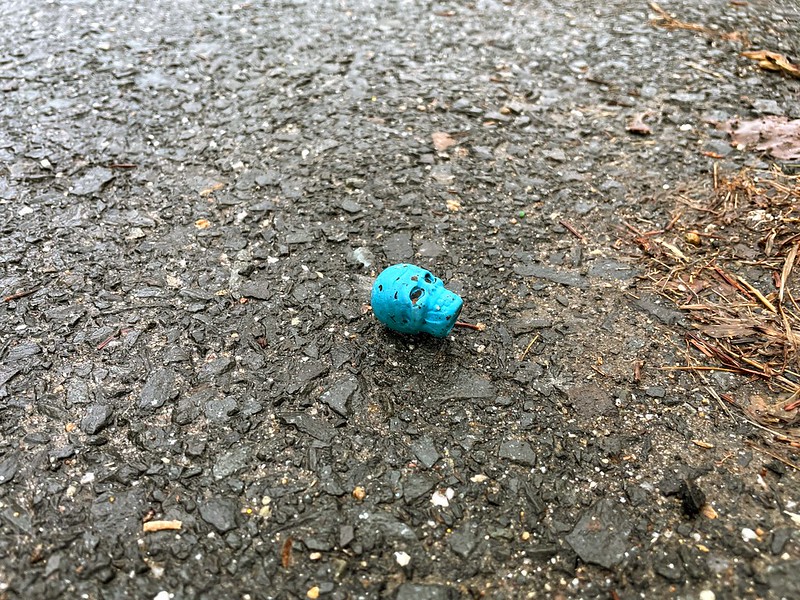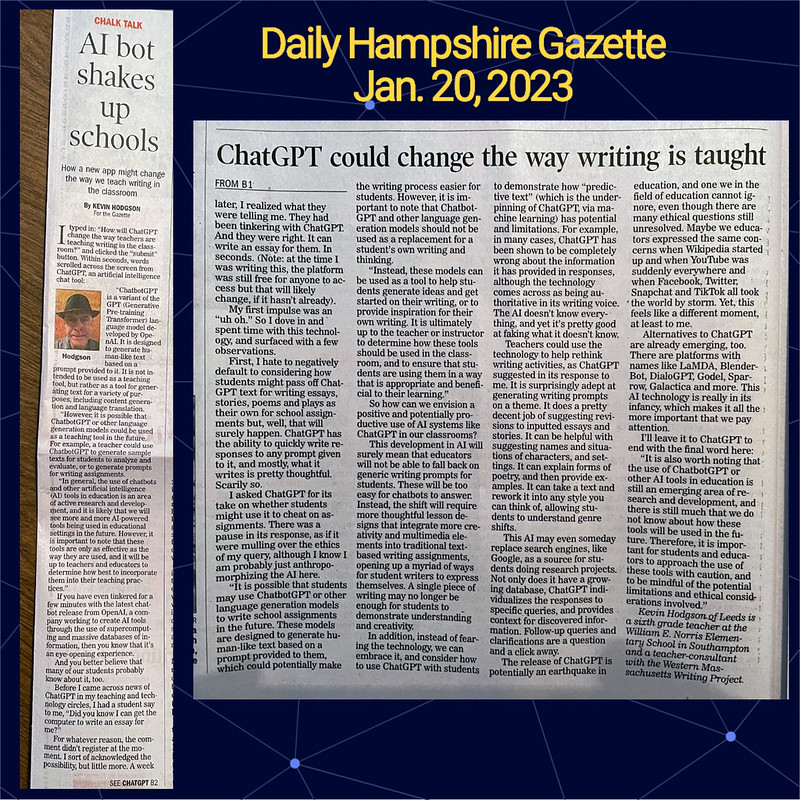This post is really just an attempt of mine to gather together some of the explorations I have been doing to see what progress is being made with AI technology and the making of music and sound. It’s all pretty strange worlds out there right now.
Some sites are starting to use inputted text from users to generate sound and music. Others are built where the user does not have agency to create music, only to experience songs based on some choices, like mood or genre or artist. None of it, to my ears, sounds authentically human (yet?).
Here are a few sites I’ve explored:
Riffusion takes a phrase of writing put into its engine and moves it into a sort of song pattern, and the site features a rolling musical pattern that is designed to make visual the algorithmic patterns being used. Here is one that I did for a Daily Create that featured Riffusion with the phrase: A haiku is a moment in time. See the details on how Riffusion works — it is pretty fascinating. (Free to use)
Google is developing its own text-to-music AI generator, called MusicLM, which takes inputted text and creates a moody, evocative soundtrack to go with the words. There are plenty of intriguing examples, although it seems like Google is maybe working to figure out the copyright logistics of its database, where it has collected sound and loops that its machine uses to generate the soundtracks from text. Google also has the Magenta Project, another AI development that’s been around for bit, and the Magenta site does feature some examples of how it is being used to merge creativity with machine learning. (MusicLM not yet publicly available for use other than samples – Magenta data can be used for projects, I think)
OpenAI — the group behind ChatGPT — has Jukebox on its drawing board, and the algorithms are being fed music and sound and song lyrics, and it is learning how to create music tracks in the styles of those artists. It’s a bit jarring, to me, to hear how the machine uses Ella Fitzgerald as its source. OpenAI also has something called MuseNet, which seems similar to Jukebox. (Not yet publicly available other than samples)
The Bored Humans website has an AI Music Generator that uses neural network learning to produce entirely computer-generated songs, with lyrics. None of it is much fun to listen to for any extended period of time, in my opinion, but that it is being done is something to take note of, and worth playing around with. They even host a Lyric Generator. (Free to use)
Soundraw is a site that generates music by mood, and gives you a handful of song options to choose from. I found many of the tracks sounded the same, but I didn’t do a full explore of the possibilities there. Here is a track for the mood of “hopeful” as an example. (Free to use, but requires account for any download)
Melobytes is another odd one, but it gives you plenty of options to manipulate the sounds the AI generates as a sort of “song” from text — although every time I have used Melobytes, the song sounds pretty jarring and off-kilter to me. (Account required).
And I am sure there are others out there, too, and more to come, no doubt.
Whether this is all good for the field of music creation or not will be debated for a long time, I am sure. Just as ChatGPT and its field of chatbots has many thinking deeply on the art and creative act of writing, so too will the field of AI music generators have musicians wondering about how the field of sound is being transformed by algorithms, and what it means to be an artist in the field of music. (I also worry these AIs will put a lot of musicians who work on films and television and other media venues out of work, just as the DJ put many live bands out of work for weddings and other gigs.)
Peace (and sound),
Kevin
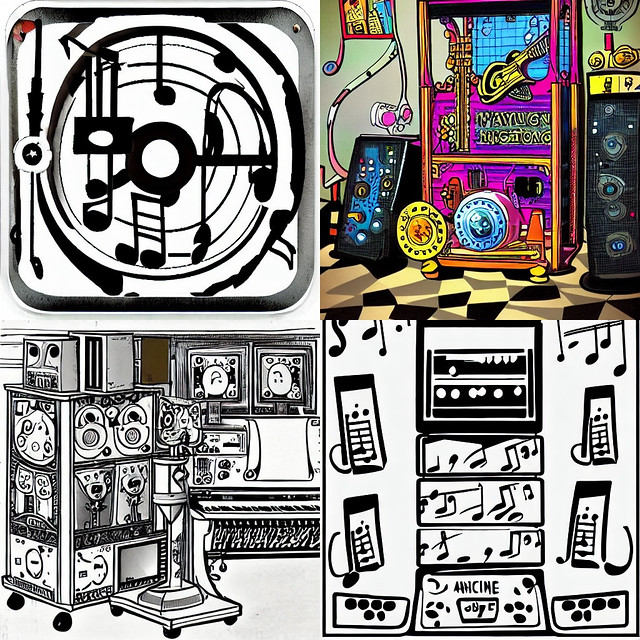
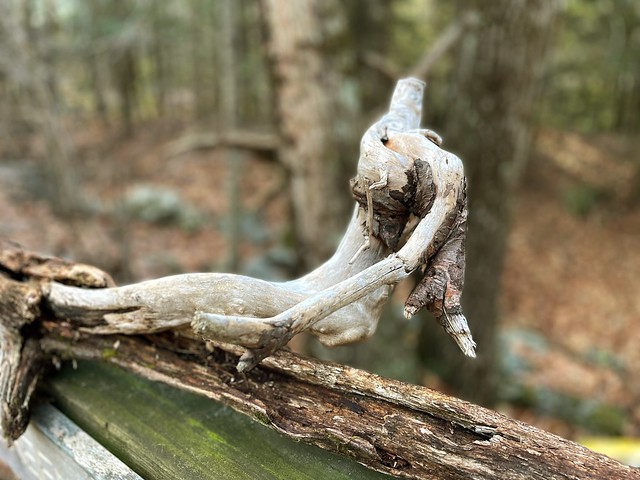

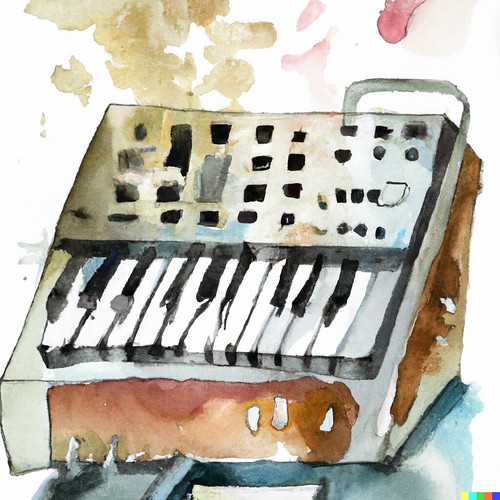
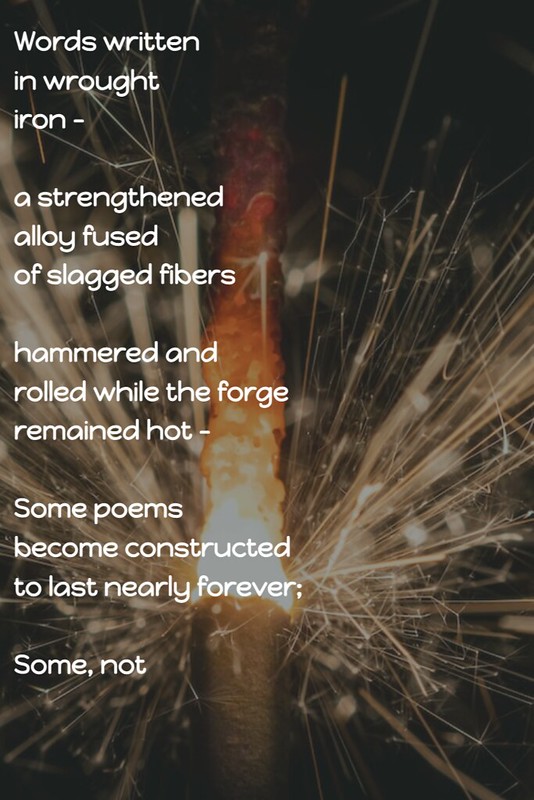
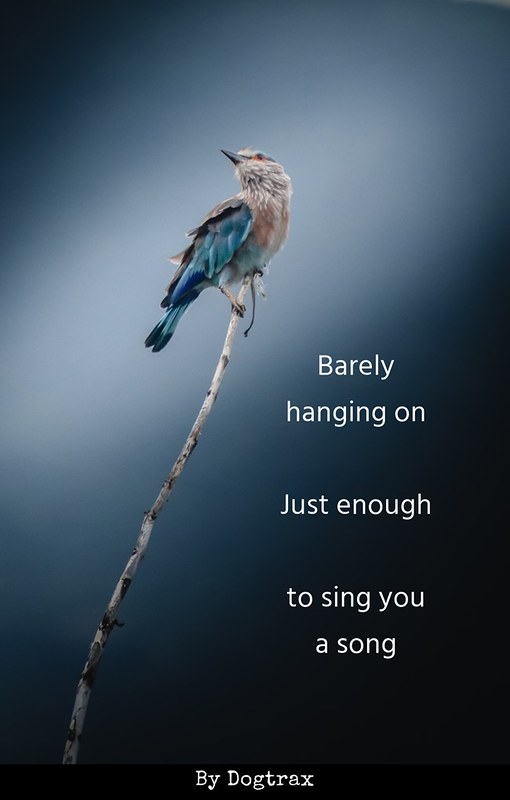

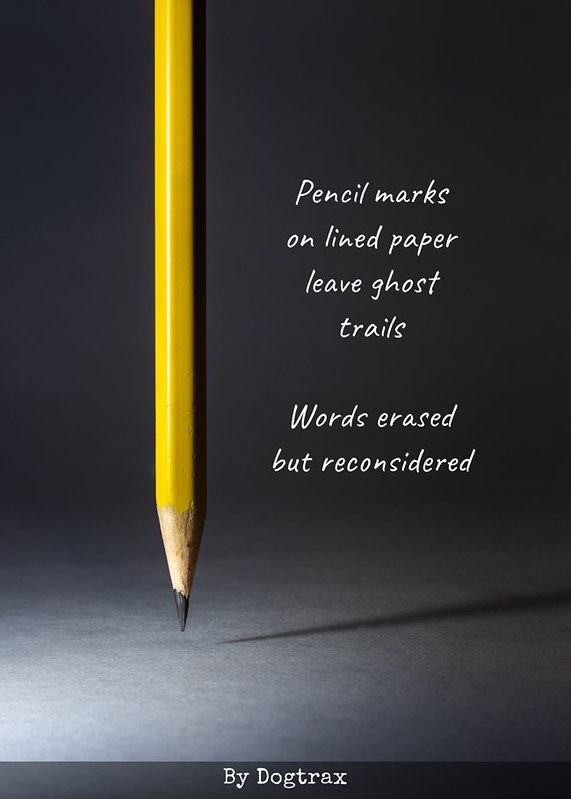
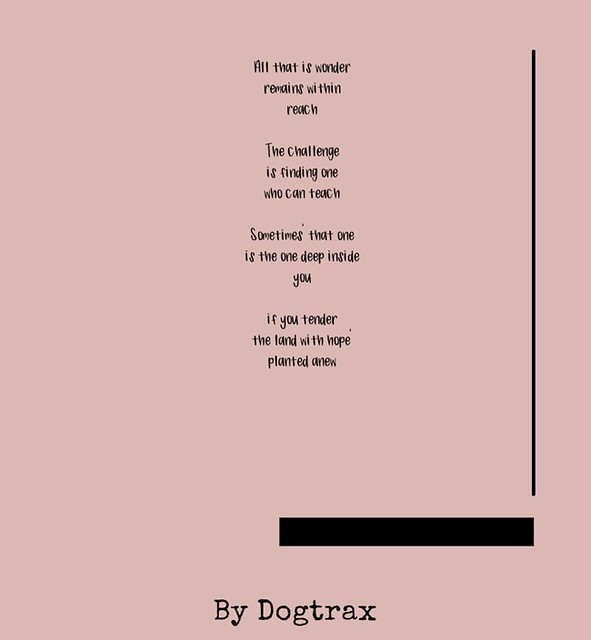

:quality(70)/cloudfront-us-east-1.images.arcpublishing.com/tronc/UOHWDEELHFGCVPBZRVM5LJCPAU.jpg)
